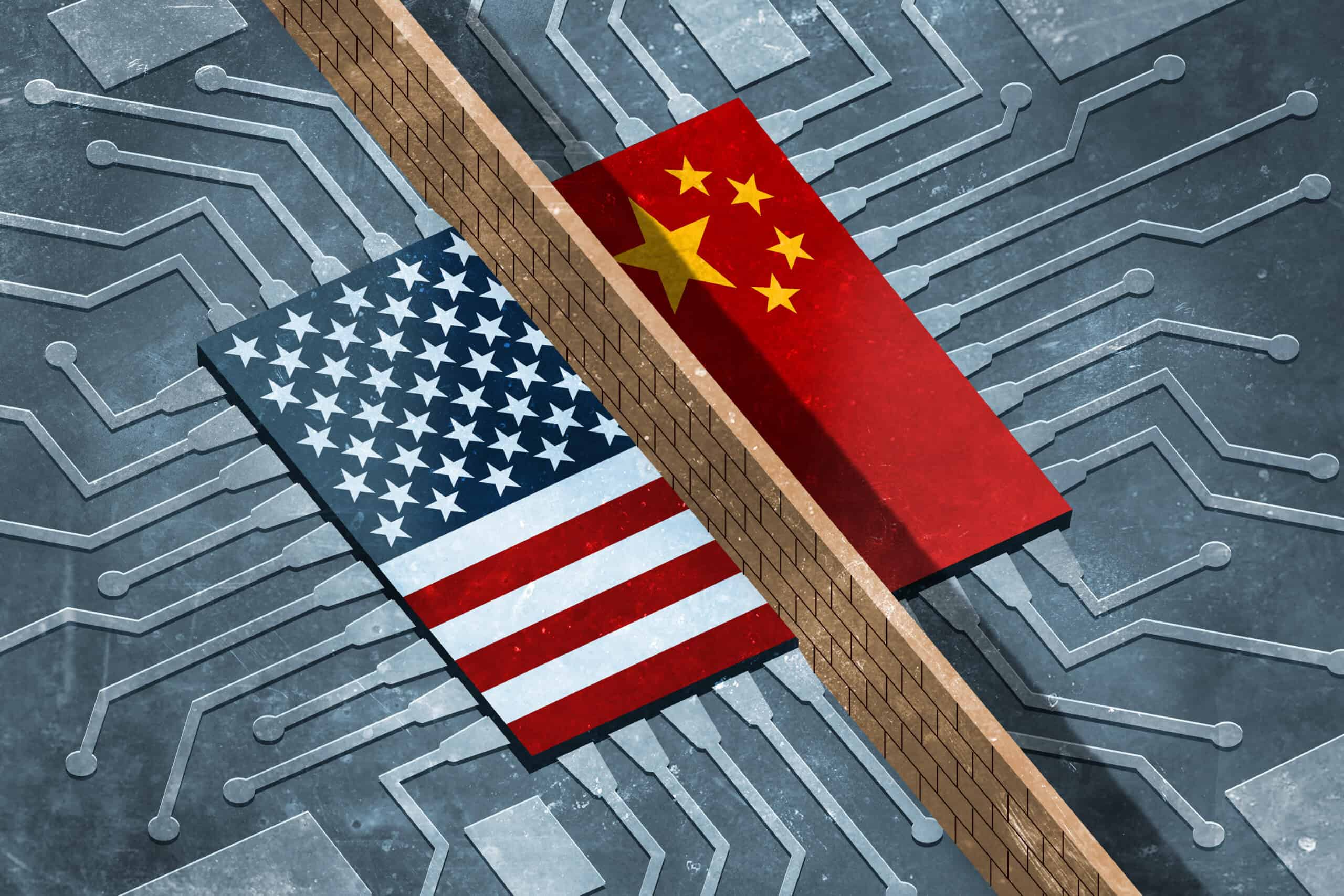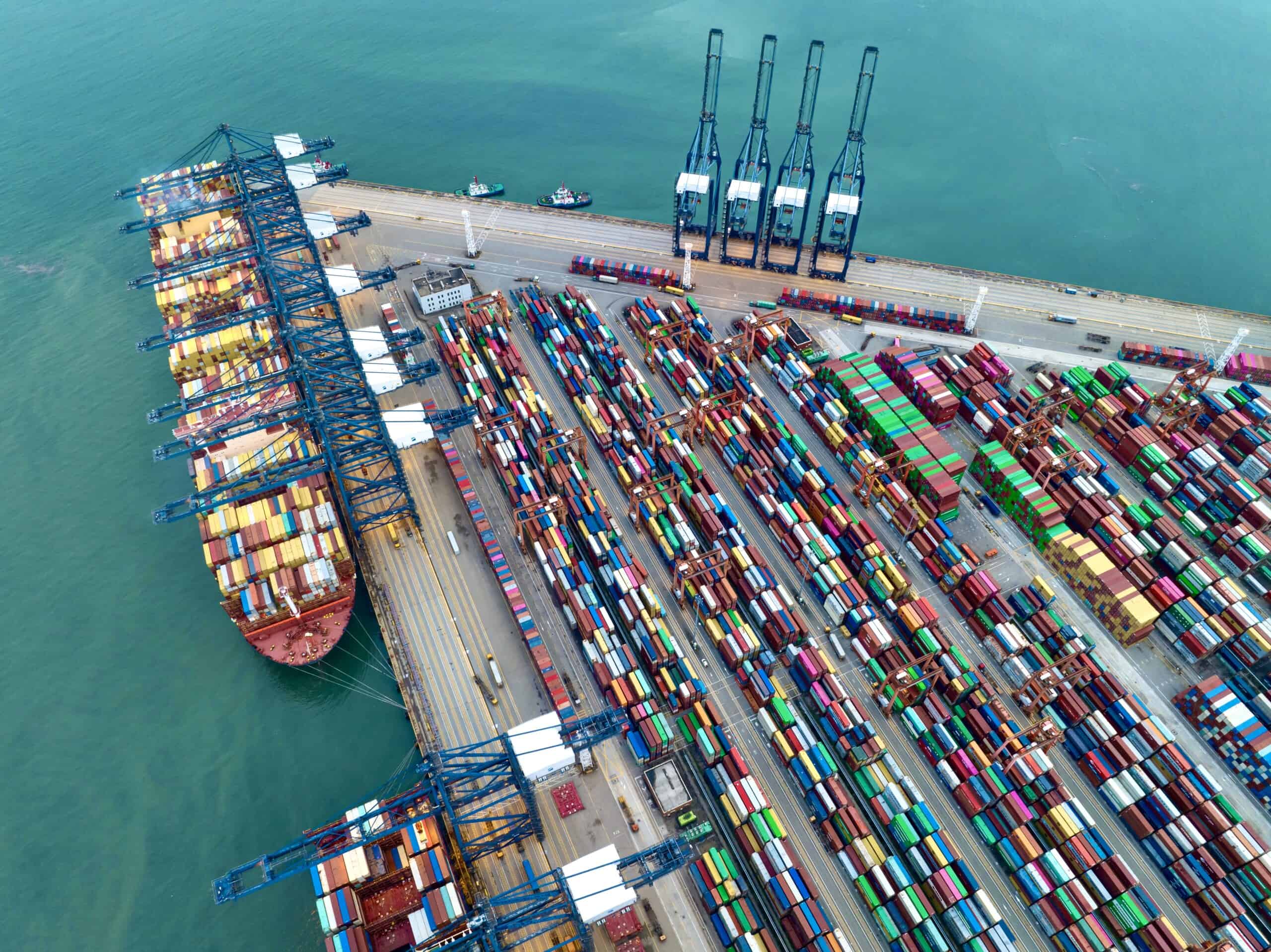Bethany Allen-Ebrahimian is a China reporter at Axios, where she writes the Axios China newsletter and covers China's role in the world from Taipei. Before joining Axios, she served as the lead reporter for the International Consortium of Investigative Journalists' (ICIJ) China Cables project, a leak of classified Chinese government documents about Xinjiang. She also previously reported and edited for Foreign Policy. This summer, she published Beijing Rules: How China Weaponized Its Economy to C
Navigate China's Business Landscape with Confidence.
- Gain visibility into supplier risks
- Easily manage trade compliance
- Conduct in-depth due diligence



